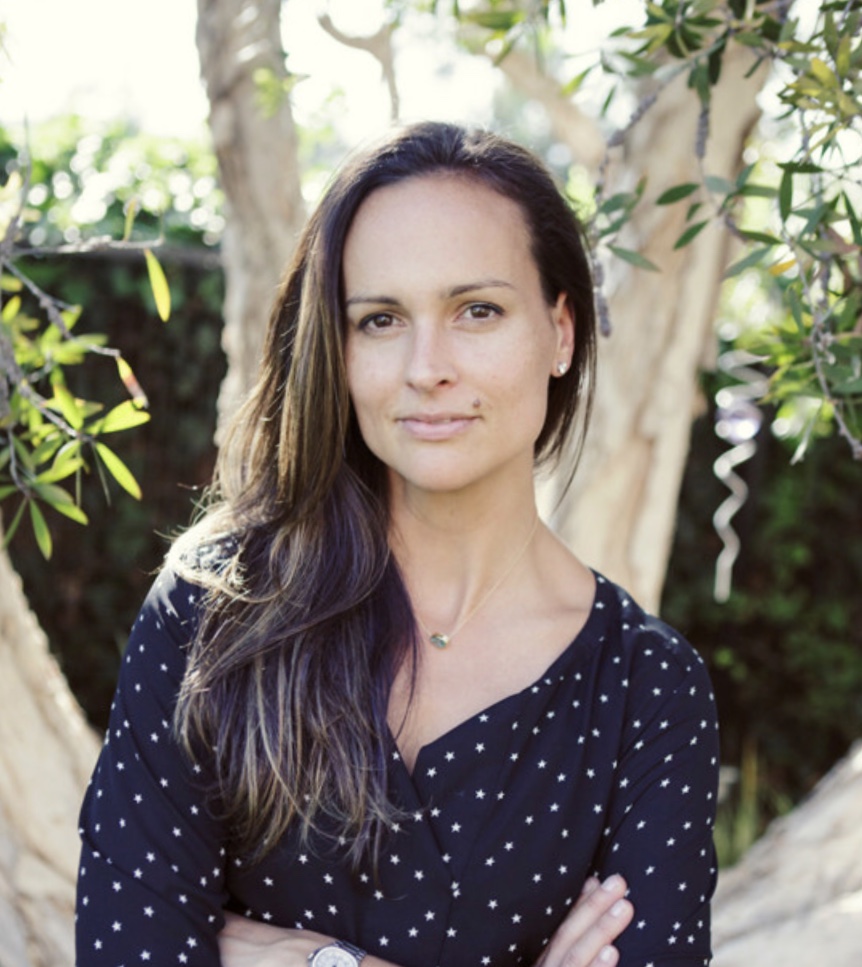Microschooling is not new, but the concept of pandemic pods is a result of many families feeling that their children are falling behind with remote learning. Therefore they are hiring a teacher or tutor to work with small groups of children of similar ages in a coop at-home environment.
Learning pods are suddenly popping up all across the country and families are scrambling to find one for many reasons. It’s causing a lot of stress for parents but a pod may make sense for a variety of reasons.
First, many children, especially young ones, cannot handle an entire day of ZOOM learning and many school districts have not communicated what the Fall school schedule will look like. Also, working parents cannot provide the needed oversight to ensure kids stay on task. Lastly, pods provide social interaction with other children and classmates that are often the same age that kids are desperately missing right now.
In fact, a recent survey conducted by us at WURRLYedu found that nearly 50% of parents reported that they were worried about their kids falling behind in school. The survey also found that 36% of parents were spending 3-5 hours a day assisting their children with remote learning, while another 31% were spending 1-3 hours daily helping kids with online schoolwork. This is a huge and unsustainable time commitment for any parent.
Pods may vary depending on the children’s age or the instruction that parents want their children to receive. Some pods are focused solely on helping kids attend classes via ZOOM and implementing their school’s remote learning program. Others are homeschooling completely and another set of pods are offering arts education, social and emotional learning or physical education in addition to academics. Pod classes can be held full-time, part-time, outside or in a community space depending on the needs of the parents.
Pods have been criticized as they aren’t affordable for everyone and may lure away experienced teachers to take private jobs. This certainly is an education equity issue that will continue to evolve and many are already exploring pod opportunities that can bridge this gap.
There really is no formula to forming a micro learning pod as it should encompass the unique needs of the families that are participating in it, but here are a few tips to running a successful pod:
Determine the goals of your pod and your budget. The first step is determining what you’re looking for in a pod. What academic support and social interactions are you expecting? Depending on your childcare needs, what will your pod schedule look like? And what safety concerns do you have? What self-isolation rules will your pod families follow? Also, what is your budget? Do you have funds to hire a full-time teacher or will parents step in to teach? Or can you use online education solutions to alleviate costs? Answering each of these questions honestly to establish goals for your pod and making sure everyone is on the same page will be a key factor in its success.
Find a pod and a teacher. There are a multitude of resources available now online from Facebook groups to private companies to find qualified teachers and other neighborhood families looking for pods. You’ll be spending a lot of time with these families along with your teacher in their homes, so it’s important to find a good fit. Once you have identified a teacher and a pod, communication is key again to ensure the pod experience is working for all involved.
Enhance your pod with online music and arts courses or extracurricular activities. Music and the Arts generally are an important part of your child’s education experience that can also play an integral role while kids are learning at home in pods. Music is fun, interactive and it encourages social and emotional learning. Online music education programs, like WURRLYedu, enable students to work on assignments in small groups and practice and record music. Further, they can customize their compositions by changing the key, speed, and instrumentation of their song. Students can also record duets, create a virtual band or co-write a song together.
There are many online music education resources available to complement pod teaching including free video tutorials from WURRLYedu that will inspire kids to sing, play, practice along to, and record their favorite songs. For any teacher or a parent looking for arts activities for their pod, check out our resources including modules and lesson plans (many of which are self-directed) on WURRLYedu.
As we get closer to the return of school, it’s important to remember that we have never faced a return to school like this one. We’re navigating a completely new normal and there’s no one-size-fits all approach to pods or distance learning. We’re all trying to figure it out together.


